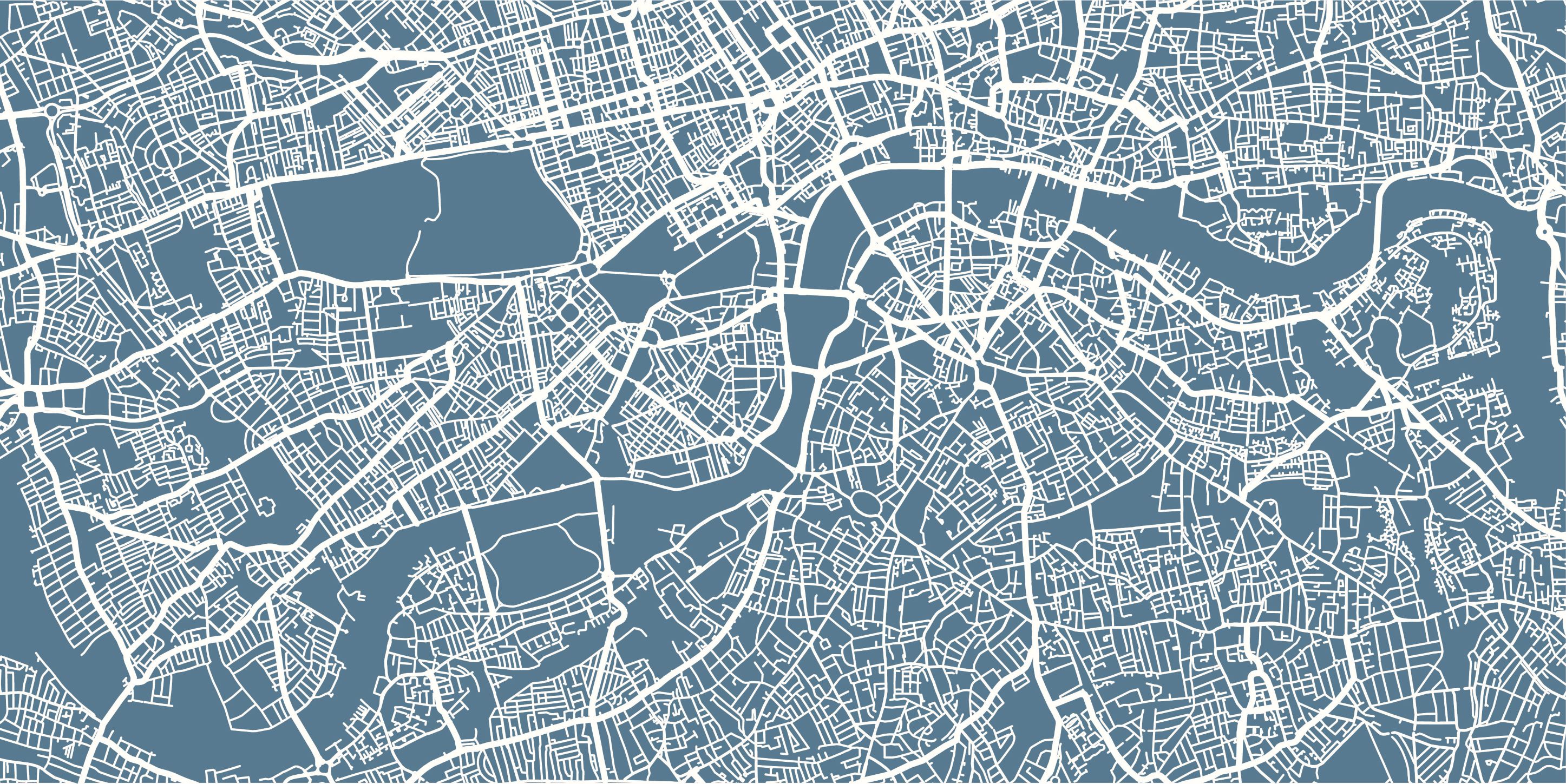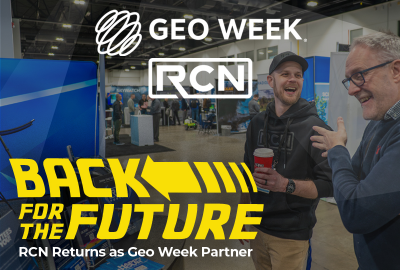The development of accurate maps has always been crucial to our society, but it’s something that has regained its place in the public consciousness in recent years, in part due to the COVID-19 pandemic in which accurate maps played, and continue to play, a big role in minimizing spread, as well as the emerging autonomous vehicle market. That said, it can be difficult to pull together data needed for maximally valuable mapping projects. To address this, the Linux Foundation announced in December the formation of the new Overture Maps Foundation, a “new collaborative effort to develop interoperable open map data as a shared asset that can strengthen mapping services worldwide."
The initiative includes four founding members – Amazon Web Services (AWS), Meta, Microsoft, and TomTom – but is looking to grow with more members as it progresses. The group’s mission is to remove some of those barriers for the next generation of professionals coming through the pipeline, particularly given the aforementioned autonomous vehicle space. Per the press release from the Linux Foundation, members of the Overture Maps Foundation will “combine resources to build map data that is complete, accurate, and refreshed as the physical world changes.” All of the data will be open and easily accessible, with the group believing this will help drive innovation in the field and allow third-party services to be built on top of the data.
The foundation calls out four specific areas they expect to address in their press release for the announcement.
Collaborative Map Building: Overture aims to incorporate data from multiple sources including Overture Members, civic organizations, and open data sources.
Global Entity Reference System: Overture will simplify interoperability with a system that links entities from different data sets to the same real-world entities.
Quality Assurance Processes: Overture data will undergo validation to detect map errors, breakage, and vandalism to help ensure that map data can be used in production systems.
Structured Data Schema: Overture will define and drive adoption of a common, structured, and documented data schema to create an easy-to-use ecosystem of map data.
These kinds of services are much of what many tech companies are looking towards right now as they visualize the next generation of innovation. Much of what is expected over the next decade or two revolve around technology that is heavily reliant on this type of data. That includes the autonomous machine space, vehicles or otherwise, all of which need some level of accurate location data to operate. There’s also the gaming and social technology space, which is expected to incorporate more augmented reality (AR) features that require the same data. And of course, the metaverse is more of a theoretical concept right now, at least on the social side, but whatever form it ends up taking will certainly require accurate geospatial and location data as well. Finding a way to make this data open and accessible now, ahead of time, seems to be a prudent move.
It’s also no surprise to see some of the founding companies involved in the venture. That especially includes Meta, the owner of Facebook and many other top social media platforms. The company has, of course, invested a lot of time and labor towards developing a metaverse concept, and most everything they do is with an eye towards that future. Given that their philosophy on the metaverse is for an open environment, it makes sense they’d feel the same way about some of the most important data to building that vision. Both Amazon and Microsoft are also always looking towards the future as well, and certainly recognize the role this will play moving forward.
"Mapping the physical environment and every community in the world, even as they grow and change, is a massively complex challenge that no one organization can manage. Industry needs to come together to do this for the benefit of all," said Jim Zemlin, executive director for the Linux Foundation, in a press statement. "We are excited to facilitate this open collaboration among leading technology companies to develop high quality, open map data that will enable untold innovations for the benefit of people, companies, and communities."
The foundation is planning on its initial release of datasets in the first half of 2023, with the first release expected to include basic layers like buildings, roads, and administrative information. They are hoping to expand membership and contributors, which they hope will in turn accelerate progress for its mission.






